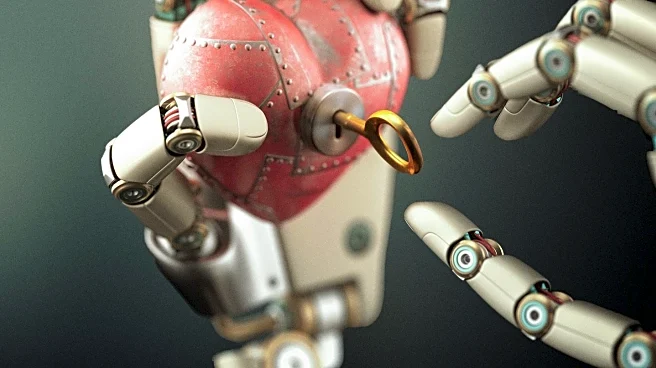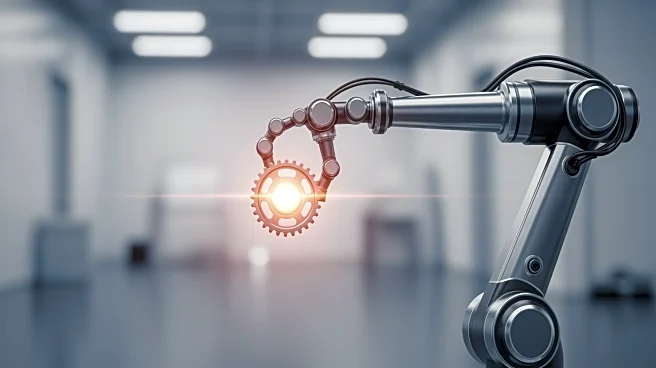What is the story about?
What's Happening?
A study published in The Lancet has found that doctors who use AI tools to assist in identifying potential cancer risks become less effective at making these observations without AI. The research, conducted at four endoscopy centers in Poland, showed that doctors' detection rates of colon cancer dropped by 20% after using AI tools. The study involved 19 experienced doctors, each with over 2,000 colonoscopies performed, highlighting the potential de-skilling effect of AI reliance.
Why It's Important?
The study raises concerns about the over-reliance on AI in medical settings, suggesting that it could lead to a decline in doctors' diagnostic skills. This has implications for patient care, as the effectiveness of cancer detection could be compromised. The findings underscore the need for balanced integration of AI in healthcare, ensuring that it enhances rather than diminishes human expertise. As AI becomes more prevalent in medical diagnostics, understanding its impact on human skills is crucial for maintaining high standards of care.
Beyond the Headlines
The study's implications extend beyond healthcare, as it reflects broader concerns about AI's impact on human skills and critical thinking. Similar effects have been observed in other fields, such as knowledge work and education, where reliance on AI tools can lead to reduced engagement and problem-solving abilities. This highlights the importance of developing strategies to mitigate the potential negative effects of AI on human cognition and skill retention.
















